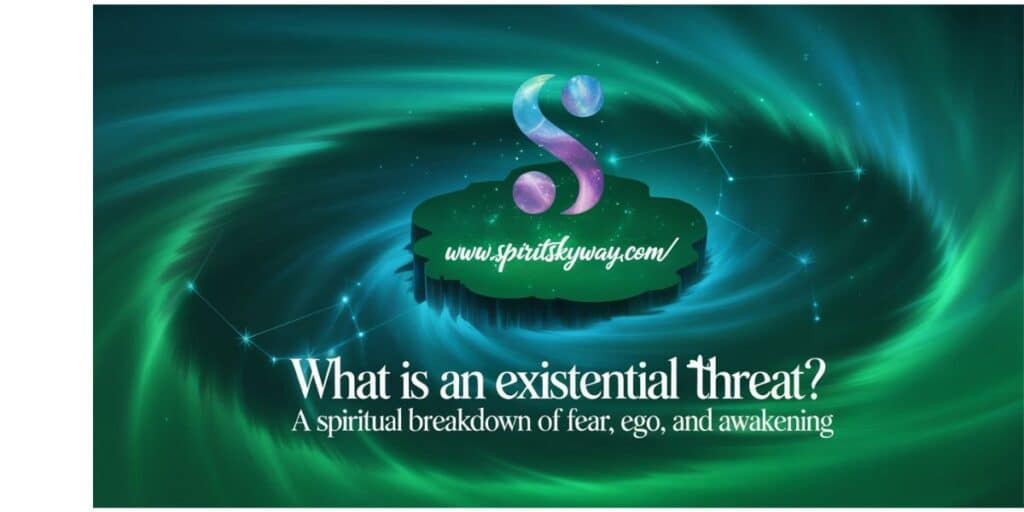Facing the end of everything isn’t just science fiction—it’s the fear behind every existential threat. But what if the real danger isn’t out there, but within? This is a spiritual dive into fear, the ego, and the possibility of true awakening.
Future Planning Can Be Helpful for existential threat
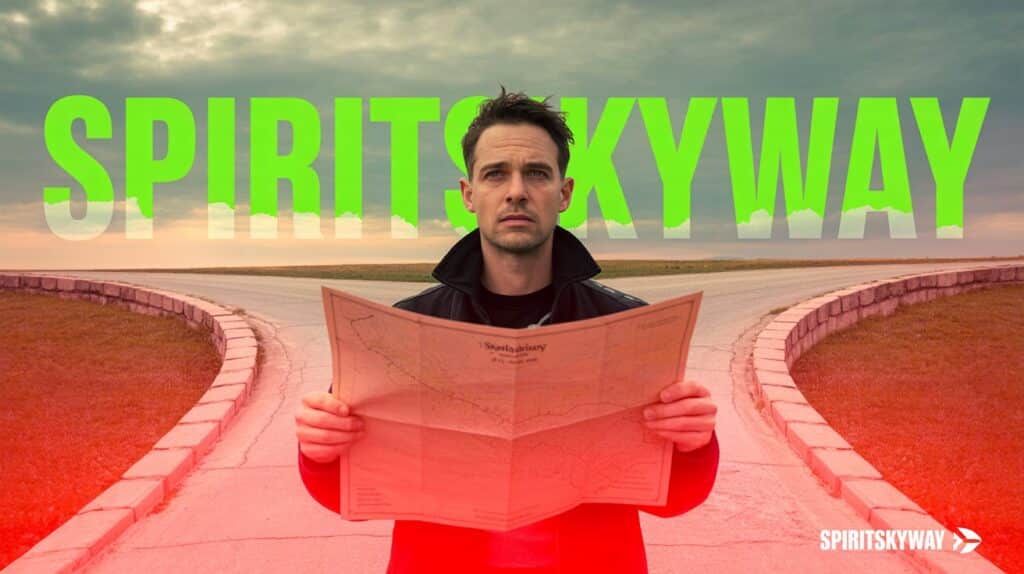
Existential threat making future plans gives structure and clarity. They help you move forward with purpose. Yet plans must stay flexible, opening space for growth.
False Ego Beliefs Color the Future existential threat
The existential threat When the ego dictates your vision, it distorts reality. You see threats where none exist. These ego‑driven beliefs skew how you imagine what’s coming.
Must read: Black Carpenter Bee Spiritual Meaning: Resilience
Consciously Investigating Safety
The existential threat pause. Notice where you feel unsafe. Question that belief. Investigating safety consciously can reshape how the future looks to you.
The Fear of Pain and the Fear of Dying
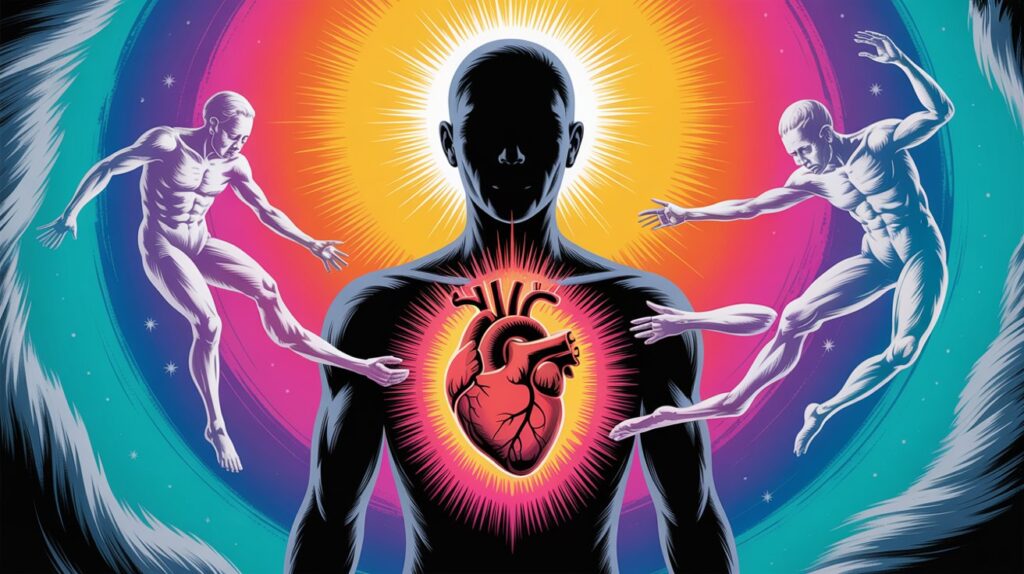
Deep fears—pain, death—drive much of your anxiety. Understanding that these fears live in the mind more than in reality frees you.
Confronting Unsafe Feelings to Free Your Future
The existential threat face the feelings you avoid. Instead of suppressing, observe them. That simple act begins to liberate your vision of tomorrow.
The Future Dissolves Into the Now
You lose touch with the future completely when you are wholly immersed in the present moment, experiencing life moment by moment. That shift reduces imagined dangers and dissolves the illusion of an existential threat created by the mind.
The Ego, the Mind, and the Brain
The mind constructs stories. The ego adds drama. The brain reinforces those stories neurologically. These combined forces often fabricate a sense of existential threat, convincing you that your very being is under attack. Recognizing these mechanics loosens their grip and opens the path to awakening.
Recovering Lost Parts of Your Mind

Any part of you hidden or repressed needs reclaiming. Recovery of these lost aspects strengthens wholeness. You become more present and integrated.
Discovering More Commitment to Fiction Than Reality
Often, you live in narratives—not truth. Fiction feels familiar even when it’s painful. Shifting to reality demands courage.
Holding on to Misery
Some hold misery as an identity. Even after it harms, it stays. Letting go of that habit opens new possibilities.
You will like: “Tulsi Gabbard and the Spiritual Warrior Archetype: Dharma in Modern Politics”
Surrendering to Discomfort
Resistance creates suffering. Surrendering to discomfort—without clinging—softens it. That practice builds freedom.
Spiritual Awakening Initial Intensities
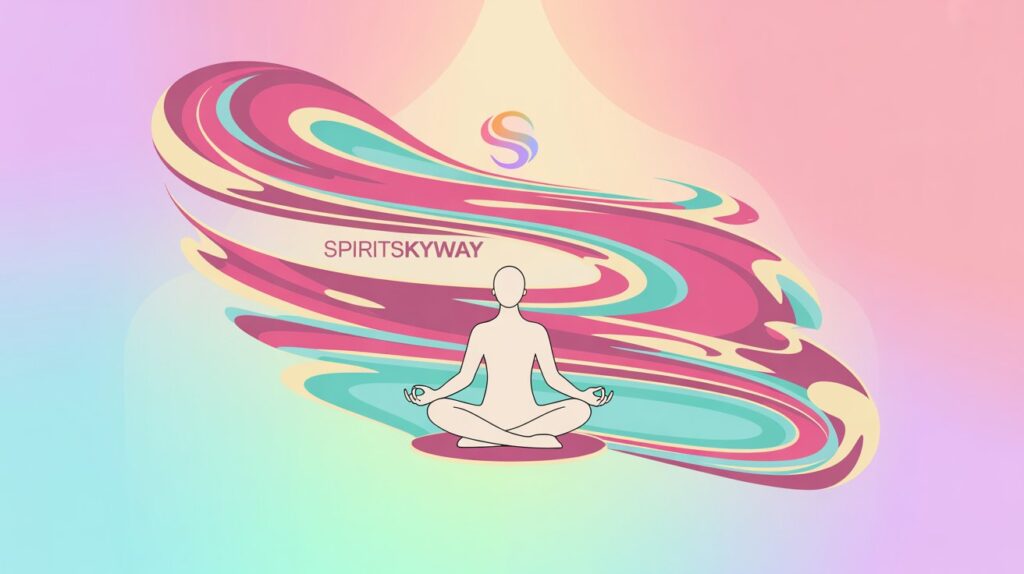
Awakening often hits hard—confusion, joy, panic merged together. These early intensities belong to transformation. They’re signs you’re shifting.
Building Your Spiritual Support System
You don’t walk this path alone. A community or mentor helps. Support systems steady you through uncertain terrain.
For the Over‑active Spiritual Seekers
If you chase spiritual highs constantly, exhaustion may follow. Balance exploration with rest. Ground your seeking in daily practice.
Seeking Psychological Assistance When Needed
Spiritual distress sometimes needs professional help. A therapist or psychologist can support integration. This aids healing and clarity.
Understanding the Psychological Dynamics of Fear in Spiritual Crisis
Fear during awakening isn’t just existential. It’s psychological too. Recognizing how fear arises from cognitive and emotional patterns helps you manage it.
Confusion in Spiritual Crisis: Identity Disintegration and Cognitive Dissonance
Crisis often dissolves what you thought defined you. Identity fragments. Thoughts contradict feelings. Awareness of this process reduces panic.
The Breakdown of Cognitive Structures
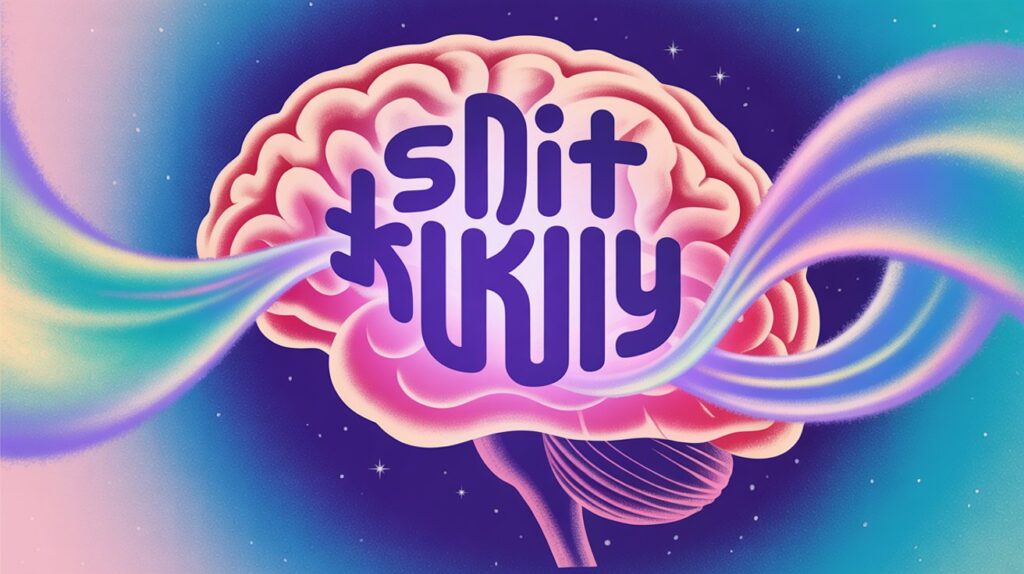
Your mental frameworks collapse during deep shifts. Plans, beliefs, routines crumble. In that space, new structures form.
Loss of Personal Identity and the Emergence of the “Self”
The personal self may seem lost. Yet a deeper Self emerges—less fearful, more spacious. It arises naturally when you stop clinging.
Differentiating Between Pathology and Transformation
Not every breakdown signals illness—it may be awakening. Learn to distinguish spiritual transformation from pathology. Context and guidance matter.
Navigational Strategies for Managing Fear and Confusion in Spiritual Crisis
Use tools: mindfulness, grounding, journaling, breathwork. They anchor you. They help navigate inner storms with intention.
Grounding Techniques and Somatic Approaches
Connect with your body. Practice breath awareness, gentle movement, or sensory focus. These techniques draw you back into presence.
Psycho‑Spiritual Integration: Building a New Worldview
Bring together spiritual insight and mental health. Develop a worldview rooted in lived experience, not just ideas. Integration becomes your path.
The Role of Transpersonal Therapists and Spiritual Guides
Guides trained in both psychology and spirituality offer bridges. They help you translate awakening into daily life. That partnership fosters healing and insight.
Conclusion
In understanding what is an existential threat, we uncover more than external dangers—we reveal the hidden struggles within the self. This spiritual breakdown of fear, ego, and awakening shows how internal conflict can shape our view of the world. True transformation begins when we recognize the illusions created by the ego and choose awareness over fear. Facing these deep truths isn’t easy, but it leads to clarity, healing, and purpose. Awakening comes not from escape, but from understanding our inner reality fully.
FAQs
What is an existential threat?
A deep fear of total loss—of self, life, or meaning. Often rooted more in mind than reality.
Can a spiritual crisis feel like mental illness?
Yes, they share symptoms. But with guidance, you’ll see it’s often transformation, not disorder.
Why does fear intensify during awakening?
Old beliefs and ego structures crumble. Fear rises as identity shifts.
How do I ground myself in a crisis?
Use breathwork, nature, and body awareness. Stay present, not lost in thought.
Should I seek help during spiritual awakening?
Absolutely. Therapists or guides offer clarity and safety during deep inner shifts.

Will Smith is a passionate spiritual writer and explorer, sharing insights on soul growth, inner healing, and the deeper meanings behind dreams, symbols, and emotions. As the voice behind Spirit Skyway, he helps readers connect with higher wisdom through affirmations, spiritual tools, and ancient truths. Will believes that spirituality is not just a practice but a way of life — and invites you to journey inward through the divine skyway of the soul.

